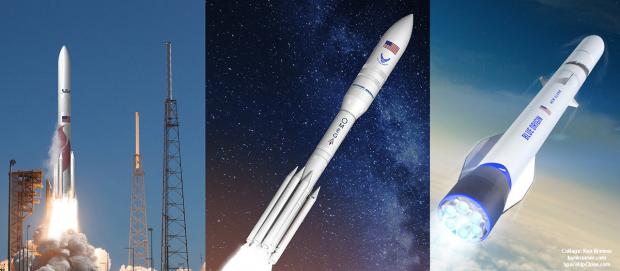
Breaking News
 Coming Soon . . . The 9th Annual Fake News Awards!
Coming Soon . . . The 9th Annual Fake News Awards!
 BANK OF AMERICA SURRENDERS: BofA Just Issued a $309 Silver Alert (Physical Premiums Exploding)
BANK OF AMERICA SURRENDERS: BofA Just Issued a $309 Silver Alert (Physical Premiums Exploding)
 Steve Witkoff says they are close to finishing "a prosperity agreement" for Ukraine,...
Steve Witkoff says they are close to finishing "a prosperity agreement" for Ukraine,...
Top Tech News
 The First Production All-Solid-State Battery Is Here, And It Promises 5-Minute Charging
The First Production All-Solid-State Battery Is Here, And It Promises 5-Minute Charging
 See inside the tech-topia cities billionaires are betting big on developing...
See inside the tech-topia cities billionaires are betting big on developing...
 Storage doesn't get much cheaper than this
Storage doesn't get much cheaper than this
 Laser weapons go mobile on US Army small vehicles
Laser weapons go mobile on US Army small vehicles
 EngineAI T800: Born to Disrupt! #EngineAI #robotics #newtechnology #newproduct
EngineAI T800: Born to Disrupt! #EngineAI #robotics #newtechnology #newproduct
 This Silicon Anode Breakthrough Could Mark A Turning Point For EV Batteries [Update]
This Silicon Anode Breakthrough Could Mark A Turning Point For EV Batteries [Update]
 Travel gadget promises to dry and iron your clothes – totally hands-free
Travel gadget promises to dry and iron your clothes – totally hands-free
 Perfect Aircrete, Kitchen Ingredients.
Perfect Aircrete, Kitchen Ingredients.
 Futuristic pixel-raising display lets you feel what's onscreen
Futuristic pixel-raising display lets you feel what's onscreen
 Cutting-Edge Facility Generates Pure Water and Hydrogen Fuel from Seawater for Mere Pennies
Cutting-Edge Facility Generates Pure Water and Hydrogen Fuel from Seawater for Mere Pennies
US Air Force Cut Blue Origin and Northrop Rocket Development Funding

The Launch Service Agreement contracts were to help Phase 2 competitors pay for launch vehicle development and infrastructure. Blue Origin received $500 million; Northrop Grumman $792 million and ULA $967 million. The funds were to be spread out through 2024. The Air Force from the beginning said the LSAs would be terminated with those companies that did not win a Phase 2 procurement contract.
SpaceX and ULA were the only companies with phase 2 missions awards on August 7, 2020.
SpaceX got a $316 million contract to launch USSF-67, a mission scheduled for late in 2022. ULA got a $337 million contract to launch two missions — USSF-51 and USSF-106 which are also in 2022.

 The Covid Index
The Covid Index

